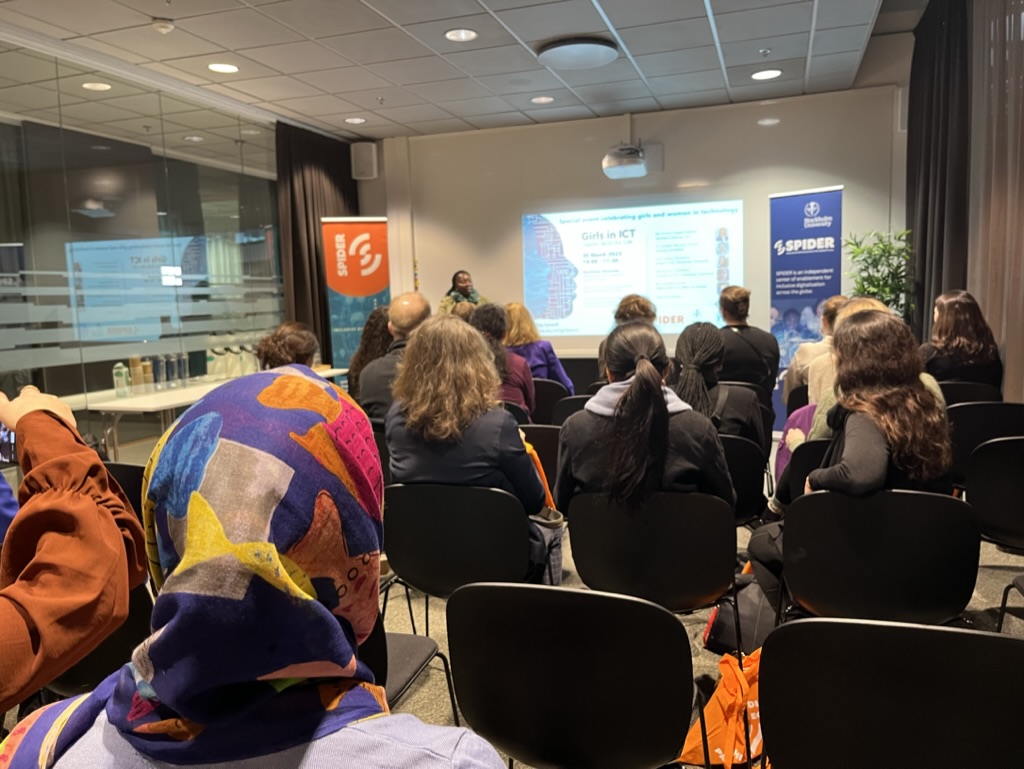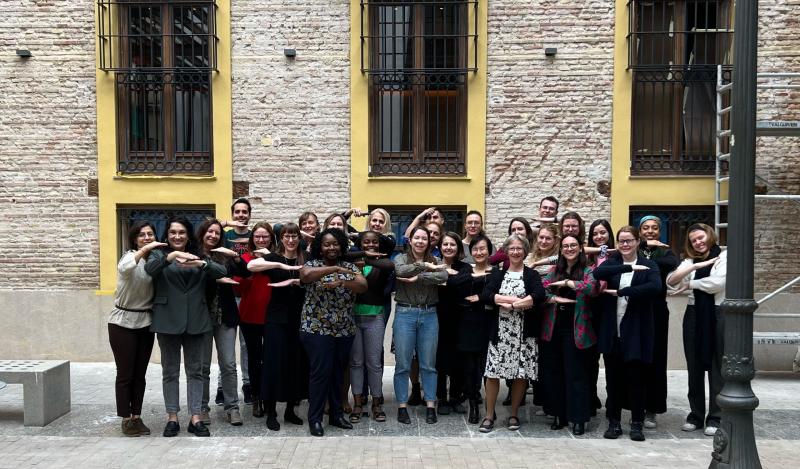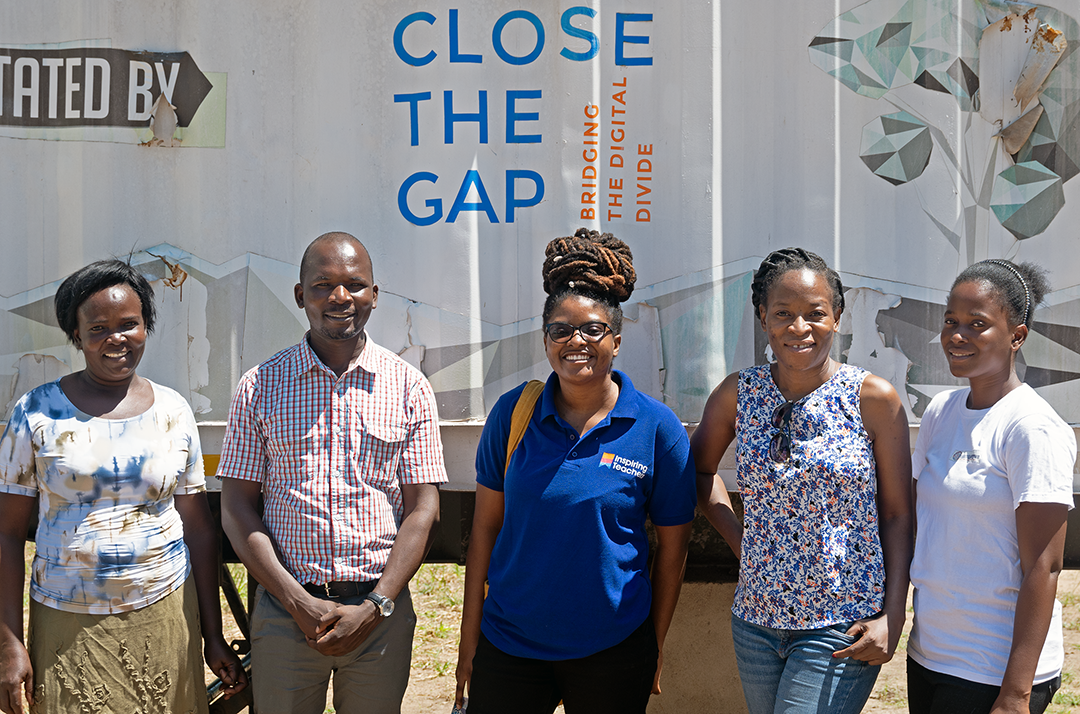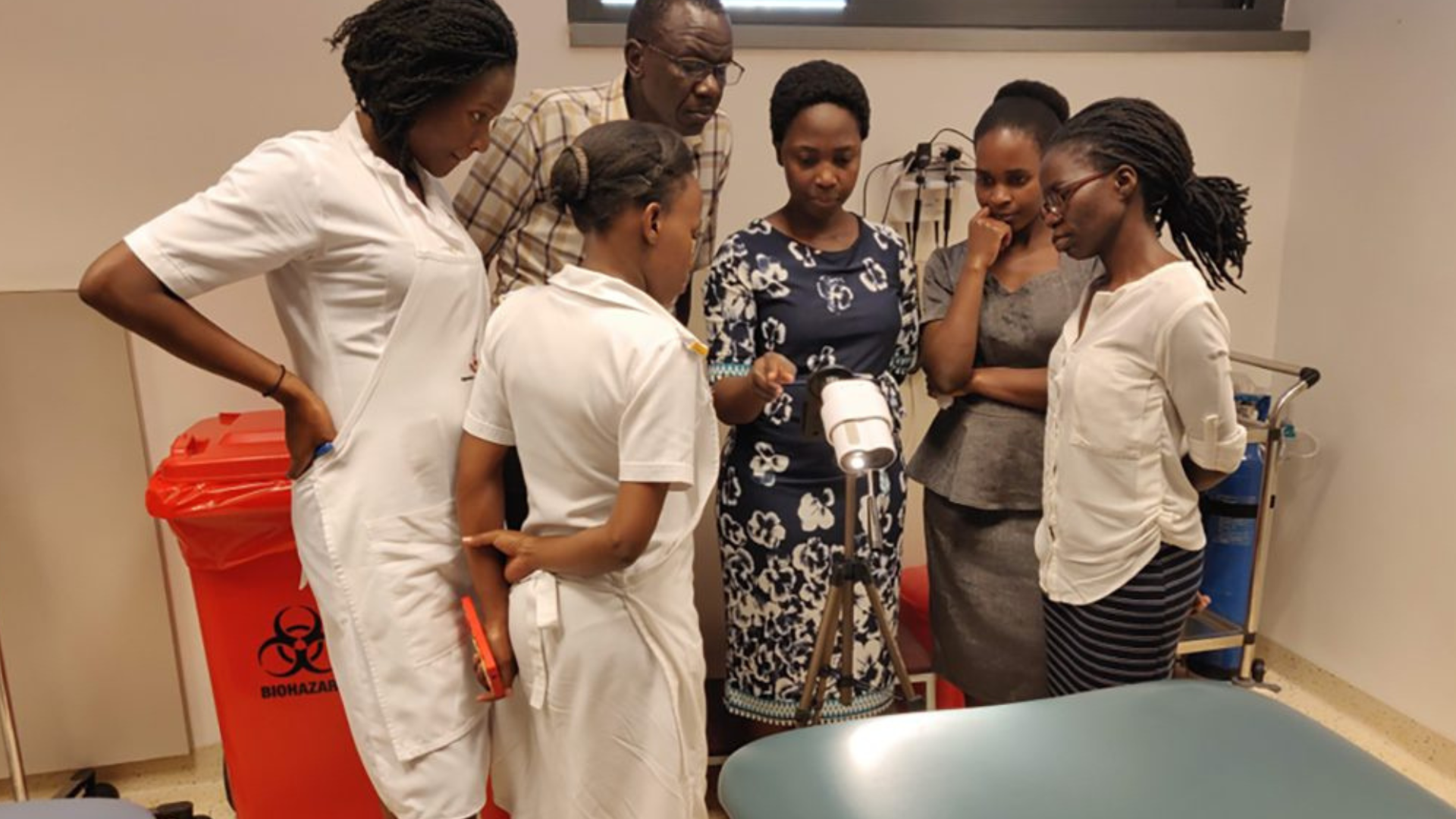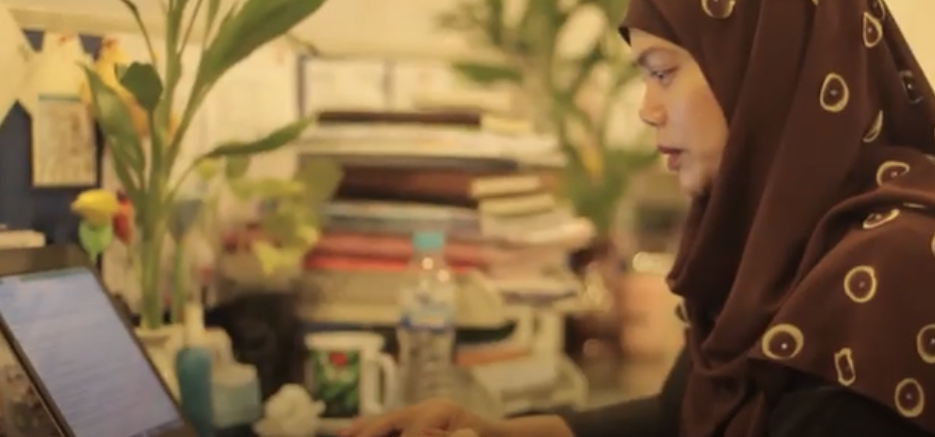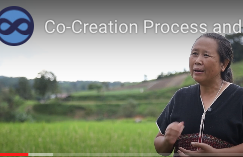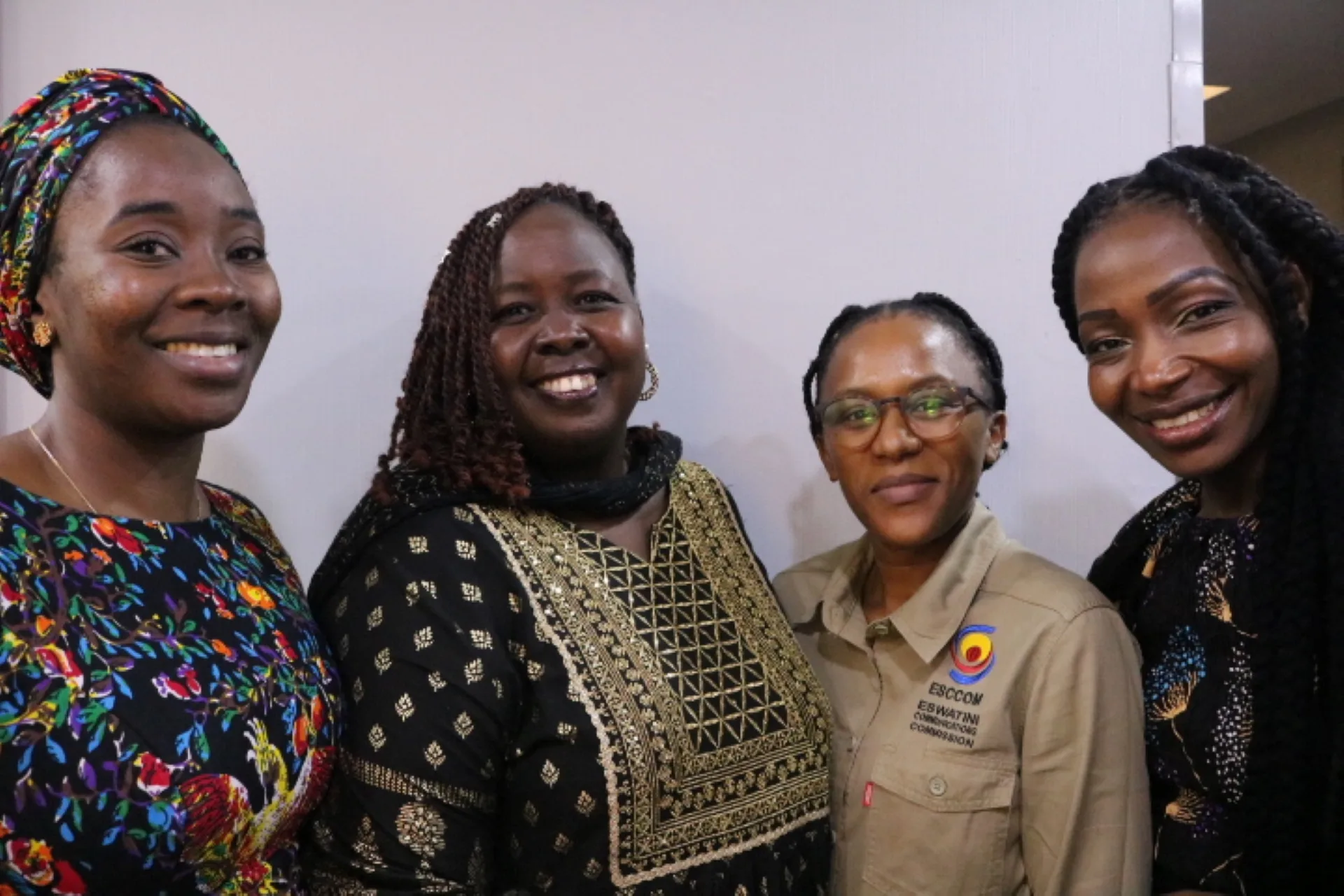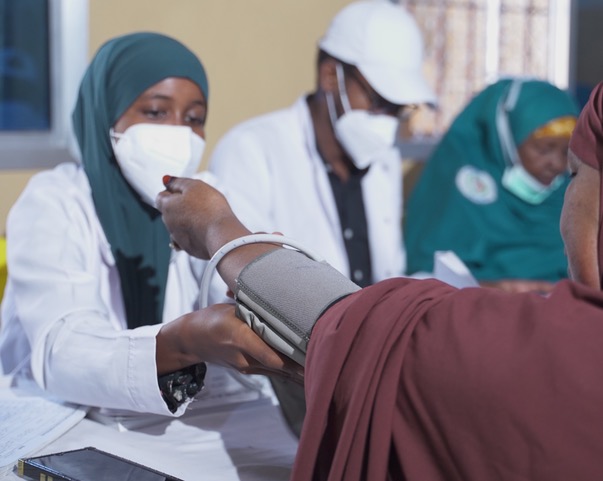Supporting every Girl's Digital Future
GIRLS IN ICT DAY
In April 2014 the girls in ICT Day was inaugurated!
Reflecting on the evolution of this debate (Girls in ICT), one is drawn to the memory of telecenters, internet cafes, and similar establishments designed to broaden access to the internet and digital devices. Research shed light on the challenges girls faced in accessing these technologies within such spaces. The dominance of boys and men in these environments created an intimidating atmosphere for any girl wishing to utilise them. This realisation underscored the importance of creating inclusive and welcoming spaces that catered to the diverse needs and experiences of all individuals, regardless of gender, thus ensuring equitable access and participation in the digital realm.
There has been extensive discourse surrounding the “boys’ locker room” phenomenon, wherein certain structures, both physical and digital, resembled exclusive spaces that barred entry for girls. Despite the growing utilisation of digital opportunities by girls, there remains ample room for progress on a global scale. This is crucial because fostering greater inclusion of girls in tech careers enables them to not only participate in but also shape their digital destinies as creators rather than mere consumers. By breaking down barriers and promoting equal access to technology education and resources, we empower girls to unleash their potential as innovators and leaders in the digital landscape, thereby enriching and diversifying the tech industry while ensuring a more equitable and inclusive future for all.
This underscores the critical need for increased attention and resources directed towards the STEM movement. Structural biases manifest early on in educational environments, where societal expectations often pressure girls to suppress their intellect to conform to narrow gender stereotypes. By investing more in STEM education for girls, we not only dismantle these barriers but also empower them to actively engage in creating digital solutions for everyday challenges they encounter. This investment serves as a catalyst for fostering innovation, diversity, and inclusivity in the STEM fields, ensuring that girls can fully participate in and contribute to shaping a more equitable and digitally-driven future.
As we celebrate a decade of girls in ICT commemorative day, at SPIDER we reflect on some of the projects that have brought digital to girls:
- The iREADY project in Burundi centered on addressing the needs of youth living with HIV, particularly focusing on how digital solutions could bolster their psychosocial support. Engaging closely with the young women involved in the project, a key recommendation emerged: the creation of podcasts tailored to their experiences and needs. These podcasts were designed to be easily shareable via WhatsApp and were developed in local languages for greater inclusivity and wider reach. By leveraging contextually relevant channels, the project sought to empower these youth with a platform to share their stories, access vital support, and foster community resilience in navigating the challenges posed by HIV.
- During the peak of the COVID-19 pandemic, the CASSA project in Bolivia provided crucial support to women artisans specializing in jewelry and other Bolivian artifacts. Through targeted training sessions, these artisans were equipped with the skills to navigate e-commerce platforms, enabling them to sustain their businesses amidst global shutdowns. Upon follow-up interviews conducted by SPIDER with some of the project beneficiaries, it was revealed that they had experienced a remarkable fourfold increase in revenue, attributable to the project’s intervention. This success underscores the transformative impact of empowering women entrepreneurs with digital tools and strategies, not only ensuring their economic resilience during challenging times but also unlocking new avenues for growth and prosperity in the face of adversity.
SPIDER is part of exciting projects EQUALS-EU and GeJuSTA. EQUALS-EU focuses on gender-inclusive innovation ecosystems across the EU and beyond. While GeJuSTA has a sub-Saharan focus on ensuring gender justice in STEM research careers. Both projects place girls at the core of the innovation economy. This is critical because including girls in the innovation economy is not just a matter of fairness; it’s a strategic imperative for driving creativity, competitiveness, and sustainable development in a rapidly changing world.
What are we doing to mentor and encourage the next generation of girls in ICT? I believe it is crucial to highlight more girls in ICT on this occasion. Rather than solely discussing the obstacles faced by girls in the ICT field, I advocate for amplifying the voices and experiences of those who are already active in the tech industry. Their personal journeys can offer valuable insights and inspiration, serving as catalysts for empowering future generations of girls to pursue careers in technology with confidence and determination.
SPIDER Director, Dr Caroline Wamala Larsson

